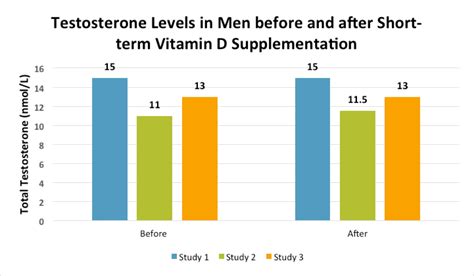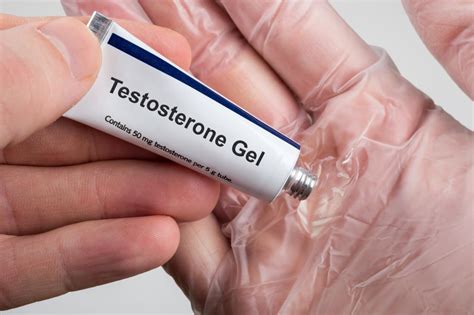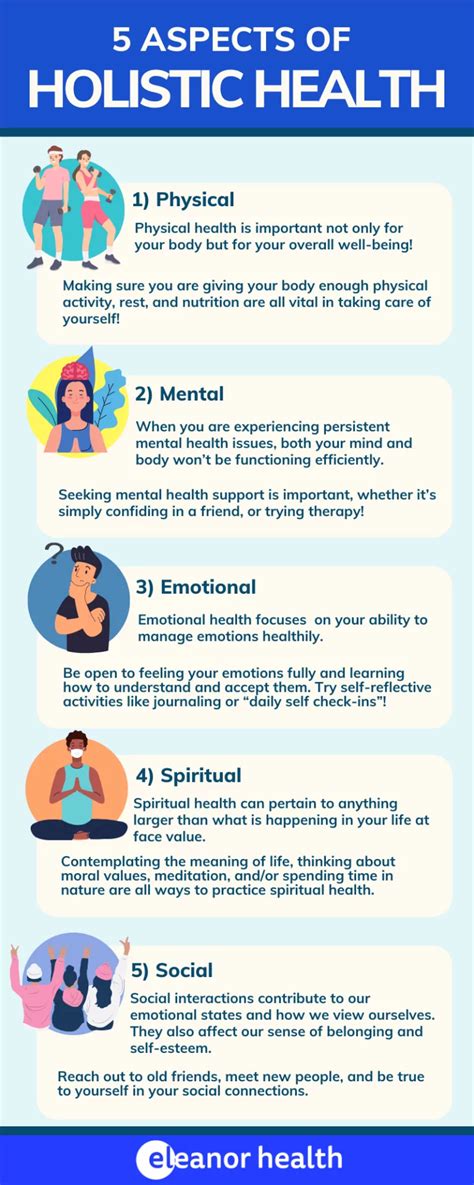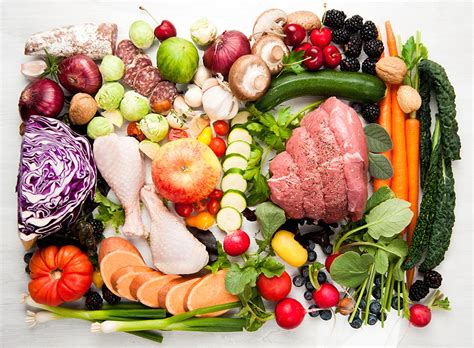How can diet optimize testosterone for peak male performance?

Testosterone, often hailed as the cornerstone of male vitality, plays a pivotal role far beyond just muscle mass and libido. It impacts energy levels, mood, cognitive function, bone density, and overall well-being. While many factors influence testosterone production, diet stands out as one of the most powerful and controllable levers for optimizing this crucial hormone. Understanding how specific nutrients interact with the body’s endocrine system can unlock significant improvements in male performance, both physically and mentally.
The Foundational Role of Macronutrients
A balanced intake of macronutrients – fats, proteins, and carbohydrates – is essential for robust testosterone production. Skimping on any one can disrupt the delicate hormonal balance.
Healthy Fats: Non-Negotiable for Hormone Synthesis
Cholesterol, the precursor to testosterone, is derived from fats. Far from being detrimental, healthy fats are critical. Focus on monounsaturated fats found in avocados, olive oil, and nuts, and polyunsaturated fats (especially omega-3s) from fatty fish like salmon, mackerel, and flaxseeds. Saturated fats from quality sources in moderation (e.g., grass-fed butter, coconut oil) also play a role.

Protein: Building Blocks and Beyond
Adequate protein intake supports muscle synthesis, which is intrinsically linked to testosterone levels. Aim for lean protein sources like chicken, turkey, lean beef, eggs, and plant-based options like lentils and beans. Protein also helps manage blood sugar, indirectly influencing hormone stability.
Carbohydrates: Energy and Cortisol Management
While low-carb diets have their place, chronically restricting carbohydrates can elevate cortisol levels, a stress hormone that actively suppresses testosterone. Complex carbohydrates from whole grains, fruits, and vegetables provide the necessary energy for workouts and daily function without spiking insulin excessively. Timing carb intake around activity can be particularly beneficial.
Micronutrients: The Unsung Heroes of Testosterone
Beyond the macros, a spectrum of vitamins and minerals acts as cofactors in testosterone synthesis and regulation.
Zinc: A Key Mineral for Testosterone Production
Zinc deficiency is directly linked to lower testosterone levels. This essential mineral is involved in various enzymatic processes, including those that regulate hormone production. Rich sources include oysters, red meat, poultry, pumpkin seeds, and legumes.
Vitamin D: More Than Just Bone Health
Often referred to as a pro-hormone, Vitamin D plays a crucial role in testicular function and testosterone synthesis. While sunlight is the primary source, dietary options like fatty fish, fortified dairy, and certain mushrooms can contribute. Supplementation may be necessary, especially in regions with limited sun exposure.

Magnesium: Enhancing Free Testosterone
Magnesium binds to Sex Hormone Binding Globulin (SHBG), which allows for more free (bioavailable) testosterone in the body. Good sources include leafy green vegetables, nuts, seeds, whole grains, and dark chocolate.
Other Vital Micronutrients
- Vitamin K2: Emerging research suggests a role in maintaining testosterone levels. Found in fermented foods like natto, certain cheeses, and egg yolks.
- B Vitamins: Essential for energy metabolism and overall cellular function, indirectly supporting hormone production.
- Boron: May help increase free testosterone and reduce estrogen levels. Found in fruits, vegetables, and nuts.
Foods to Embrace and Foods to Limit
Power Foods for Testosterone
- Avocados: Healthy fats, magnesium, boron.
- Fatty Fish (Salmon, Mackerel): Omega-3s, Vitamin D.
- Oysters: Zinc powerhouse.
- Lean Red Meat: Protein, zinc, iron.
- Eggs: Cholesterol, protein, Vitamin D.
- Cruciferous Vegetables (Broccoli, Cauliflower): Help manage estrogen levels.
- Berries: Antioxidants, overall health.
- Nuts and Seeds (Almonds, Walnuts, Pumpkin Seeds): Healthy fats, zinc, magnesium.
- Leafy Greens (Spinach, Kale): Magnesium, various vitamins.

Foods to Limit or Avoid for Optimal Testosterone
- Processed Foods and Sugary Drinks: Lead to insulin resistance and inflammation, both detrimental to hormone health.
- Excessive Alcohol: Can impair liver function and directly reduce testosterone synthesis.
- Trans Fats and Highly Processed Vegetable Oils: Promote inflammation and negatively impact cholesterol profiles.
- Soy Products (in excess): While generally healthy, high intake of soy isoflavones might have a mild estrogenic effect in some individuals.
Beyond Diet: A Holistic Approach
While diet is paramount, it functions best when complemented by other healthy lifestyle practices. Adequate sleep (7-9 hours), regular resistance training, and effective stress management are all crucial for maintaining optimal testosterone levels. Chronic stress, in particular, can elevate cortisol, overriding even the best dietary efforts.

Hydration is another often-overlooked factor. Drinking sufficient water supports every bodily function, including hormone transport and cellular health. Aim for around 8 glasses of water daily, or more if exercising intensively.
Conclusion
Optimizing testosterone through diet is not about magic pills or extreme restrictions; it’s about a consistent, nutrient-dense approach. By prioritizing healthy fats, quality proteins, complex carbohydrates, and essential micronutrients like zinc, Vitamin D, and magnesium, men can significantly enhance their natural testosterone production. This dietary strategy, when combined with a healthy lifestyle, forms the bedrock for peak male performance, fostering improved energy, mood, strength, and overall vitality.









